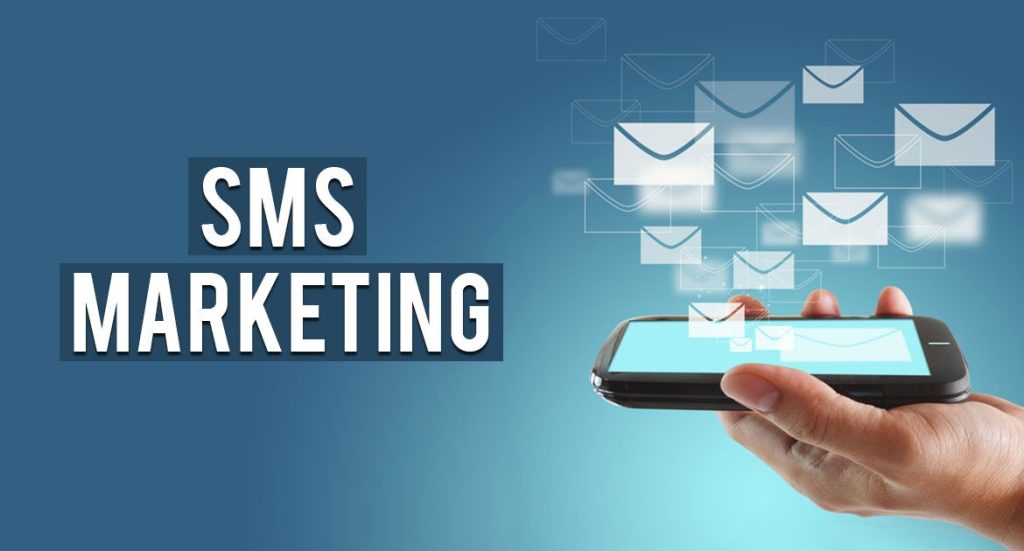Mobile SMS Marketing
Mobile SMS marketing, also known as text message marketing, is a digital marketing strategy that involves sending promotional messages or updates to customers and prospects via SMS (Short Message Service) on their mobile phones. SMS marketing is a highly effective and direct way to reach your target audience, as it typically has a high open rate and quick response time.
Permission-Based: Obtain explicit consent from individuals before sending them marketing SMS messages. This can be through opt-in processes, such as subscribing via a website or sending a keyword to a designated shortcode.
Compliance: Comply with relevant regulations and laws, such as the Telephone Consumer Protection Act (TCPA) in the United States, which places restrictions on SMS marketing.
Segmentation: Segment your audience based on factors like demographics, purchase history, and engagement level. This allows for more targeted and relevant messaging.
Timing: Send SMS messages at appropriate times to avoid inconveniencing recipients. Consider time zones and the nature of your business.
Concise Messaging: SMS messages have character limits. Keep your messages concise, clear, and to the point. Include a clear call to action (CTA).
Personalization: Use recipients’ names and other personalized information in messages when possible. Personalization can improve engagement.
Frequency: Don’t overwhelm subscribers with too many messages. Strike a balance to avoid unsubscribes.
Clear Opt-Out Option: Provide a simple way for recipients to opt out of receiving messages. This is both a legal requirement and a good practice for respecting user preferences.
Value-Oriented Content: Offer something of value in your messages, whether it’s promotions, discounts, product updates, or exclusive access to information.
Integration with Other Channels: Integrate SMS marketing with other digital marketing channels to create a cohesive strategy. For example, you can send SMS messages to remind customers about email promotions.
Mobile-Friendly Landing Pages: Ensure that landing pages linked in your SMS messages are mobile-responsive for a seamless user experience.
Testing and Analytics: A/B test your messages to understand what resonates best with your audience. Use analytics to track open rates, click-through rates, and conversion rates.
Multi-Channel Communication: SMS marketing can be part of a broader multi-channel communication strategy, where SMS complements email, social media, and other channels to reach customers at different touchpoints.
Customer Support: Offer a way for customers to reach out for support or inquiries through SMS. This can enhance customer satisfaction.
Security: Protect user data and ensure the security of your SMS marketing platform to prevent data breaches or unauthorized access.
Feedback and Surveys: Use SMS to collect feedback from customers or conduct surveys. It’s a direct way to gather valuable insights.
SMS marketing is particularly effective for time-sensitive promotions, event reminders, and personalized messages. When executed correctly, it can be a powerful tool for engaging your audience and driving conversions. However, it’s crucial to respect user preferences, privacy, and legal requirements to maintain a positive relationship with your customers.

